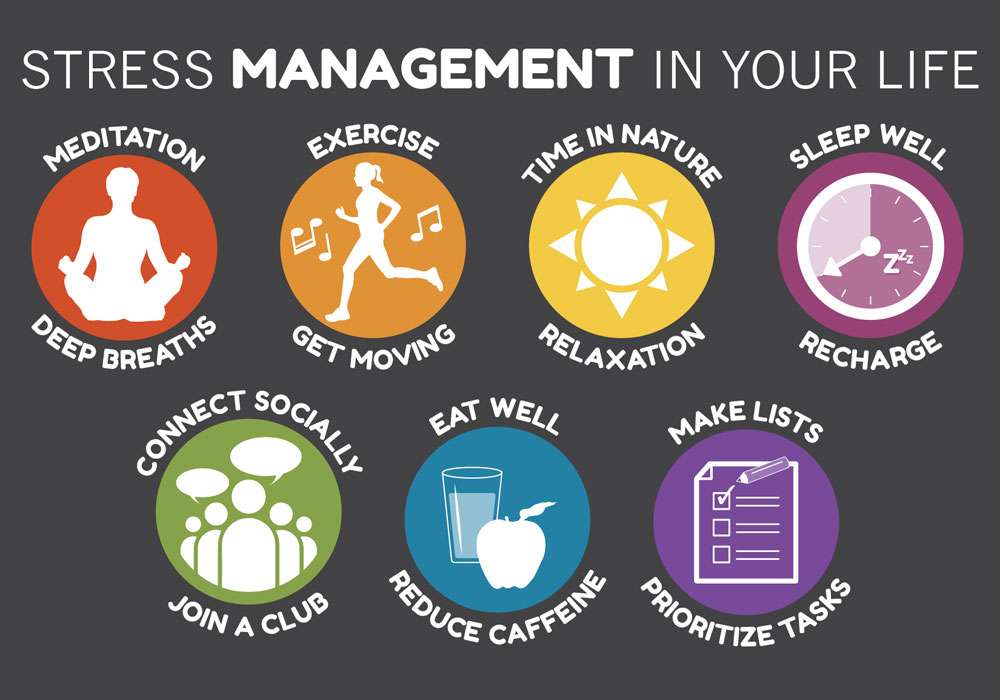In today's fast-paced world, our daily lives have become quite stressful. The constant pressure to be productive and successful has taken a toll on our mental health. Stress is a natural response to life's challenges, but excessive stress can lead to a host of problems such as anxiety, depression, and even physical health issues. Managing stress is crucial for maintaining good mental health and overall well-being. In this article, we will discuss some helpful tips for reducing stress and managing your mental health, as well as examine the benefits of stress reduction.
Tip 1: Identify and Acknowledge Your Stressors
The first step in managing your stress is to identify the sources of your stress. Common stressors include work-related pressures, financial worries, relationship issues, and health problems. Once you have identified your stressors, it's time to acknowledge them.
It's essential to accept that stress is a natural part of life and that you can't eliminate it entirely. However, you can control your response to it. By acknowledging your stressors, you can find ways to deal with them effectively. You can try to prioritize your tasks, break them down into smaller steps, or talk to a friend or family member about what's bothering you. These simple steps can help you manage your stress levels effectively.

Tip 2: Practice Mindfulness
Mindfulness is a powerful tool for reducing stress and promoting mental health. It involves becoming aware of your thoughts, feelings, and surroundings without judgment. Mindfulness can help you stay focused on the present moment and reduce anxiety and negative thinking patterns.
You can practice mindfulness in several ways, such as mindful breathing, meditation, or mindful walking. Start by focusing on your breath and bringing your attention back to your breath whenever it wanders. This simple practice can help you feel more relaxed and centered.

Tip 3: Prioritize Self-Care
Self-care refers to taking care of your physical, emotional, and mental health needs. It's important to prioritize self-care to manage stress effectively. Simple activities like getting enough sleep, eating a healthy diet, and taking breaks can all help reduce stress levels.
You can also engage in self-care activities that promote relaxation, such as taking a warm bath, getting a massage, or practicing yoga. By taking care of yourself, you're better equipped to handle life's stressors more effectively.

Tip 4: Stay Connected
Humans are social creatures, and staying connected with others is crucial for good mental health. Relationships can provide emotional support, offer a new perspective, and help you feel less alone during difficult times.
You can stay connected with friends and family members by scheduling regular phone calls or video chats. You can also join community groups or attend events that align with your interests. By staying connected, you can reduce feelings of isolation and improve your mental health.

The Benefits of Stress Reduction
Reducing stress offers several benefits to your physical and mental health. Studies have shown that reducing stress levels can help individuals experience better sleep, improved digestion, and lower blood pressure. It can also help improve overall psychological well-being by reducing symptoms of anxiety, depression, and other mental health conditions.
Additionally, reducing stress can improve individual's work performance, productivity, and overall happiness. When individuals can manage their stress levels effectively, they are better equipped to handle challenges and maintain good mental health.
In conclusion, stress is a part of life, but it's essential to manage it effectively. By identifying your stressors, practicing mindfulness, prioritizing self-care, and staying connected, you can reduce your stress levels and improve your overall well-being. Remember, managing stress is a journey, and it takes time and effort, but the rewards are worth it.
